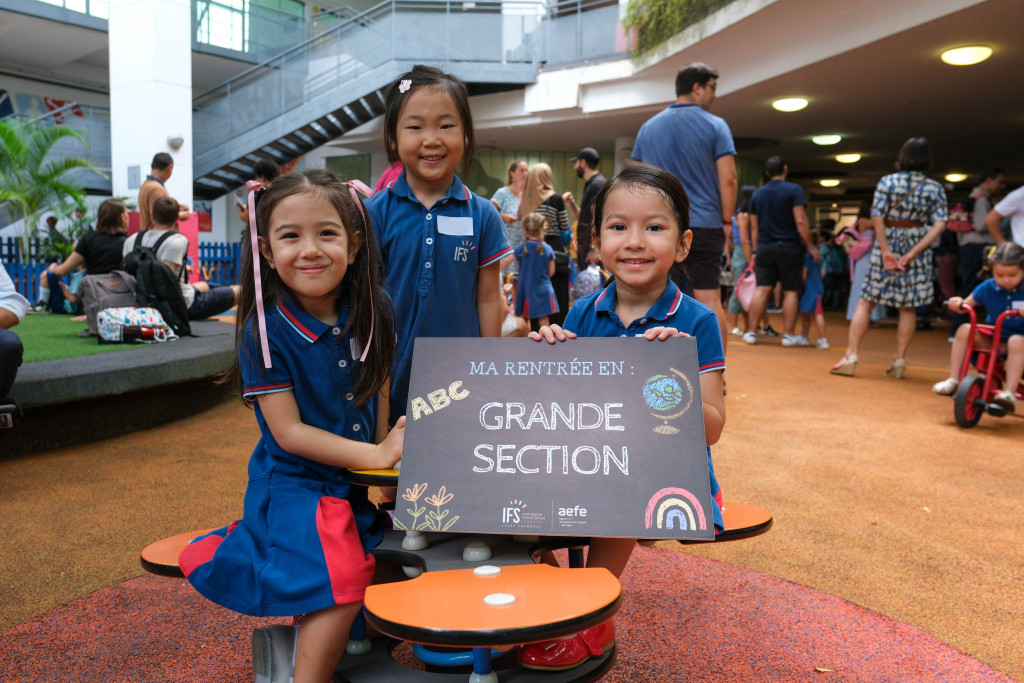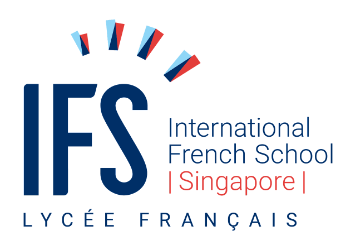Les Études Françaises
French Curriculum.
ACADEMIC EXCELLENCE
Why a French Curriculum?
With historical roots as far back as 1789, the French education system has a reputation for having one of the best education practices in the world.
With a nationally set curriculum, tested methods of teaching and learning, high academic standards and a structured approach to learning, more and more international families are considering the French national system as their choice of international education.

FRENCH CURRICULUM
A New Standard in International Education.
“Our daughter thrives on the visual, exploratory and experiential learning style that ifs and the French national curriculum offer.”
— Parent – Kindergarten



